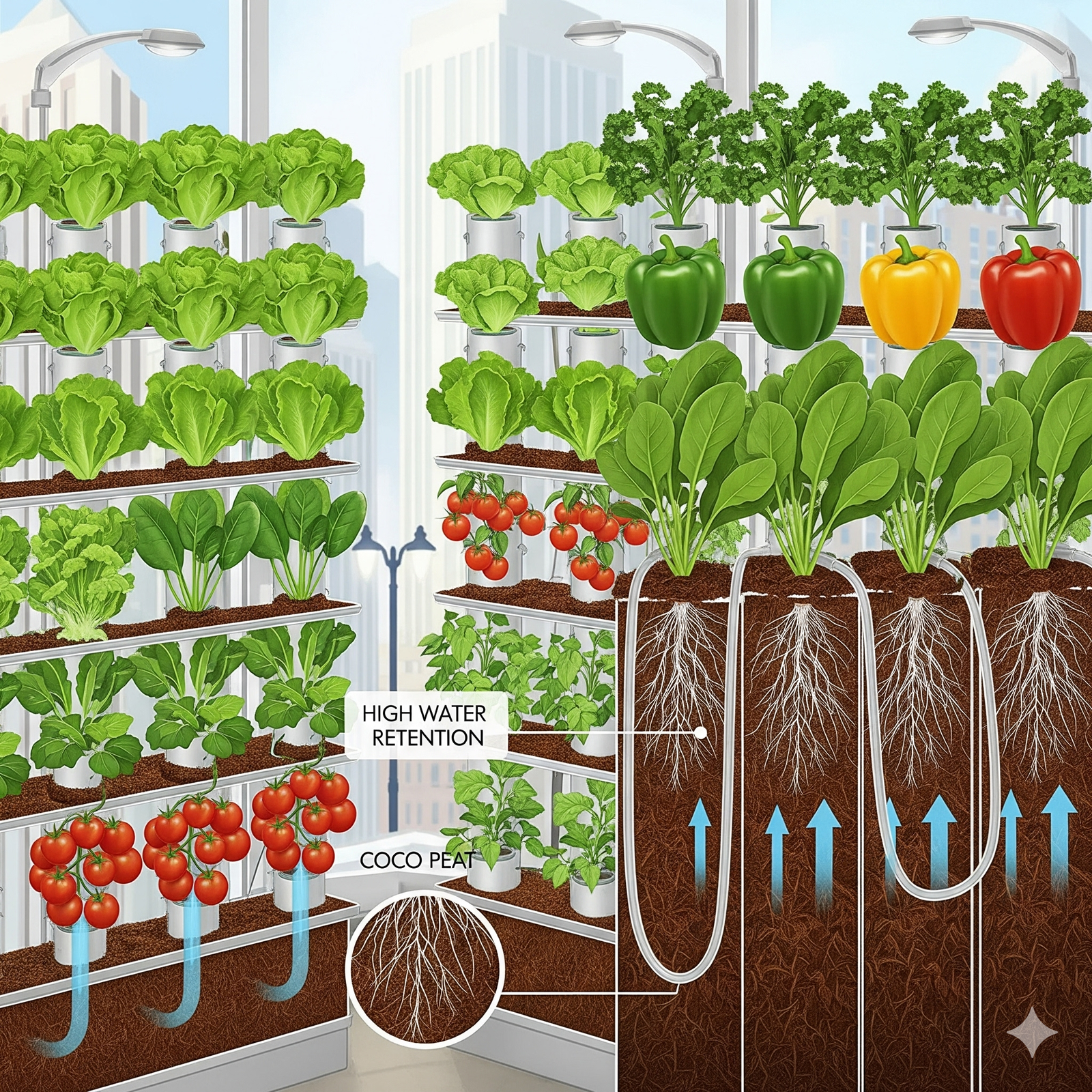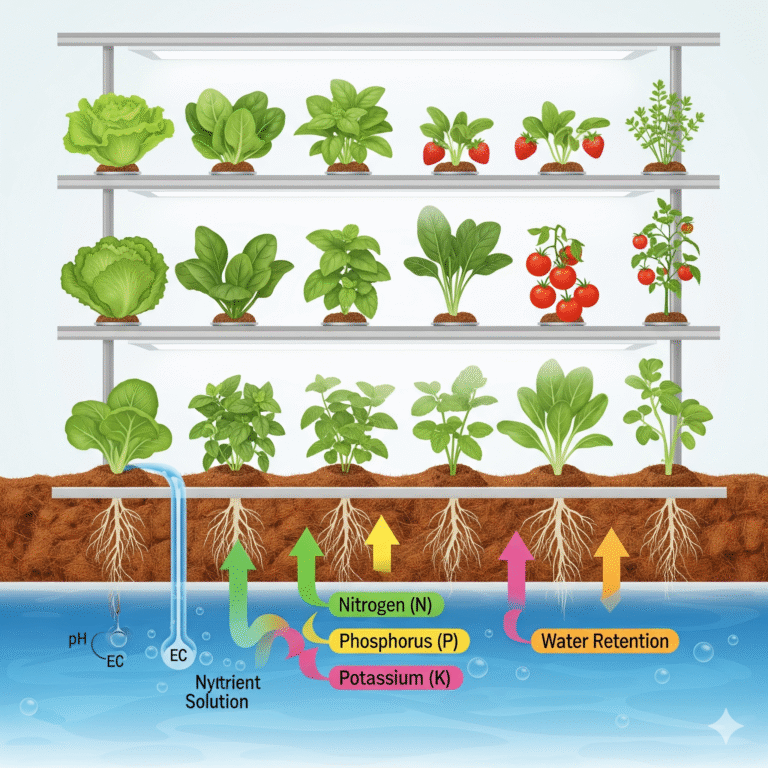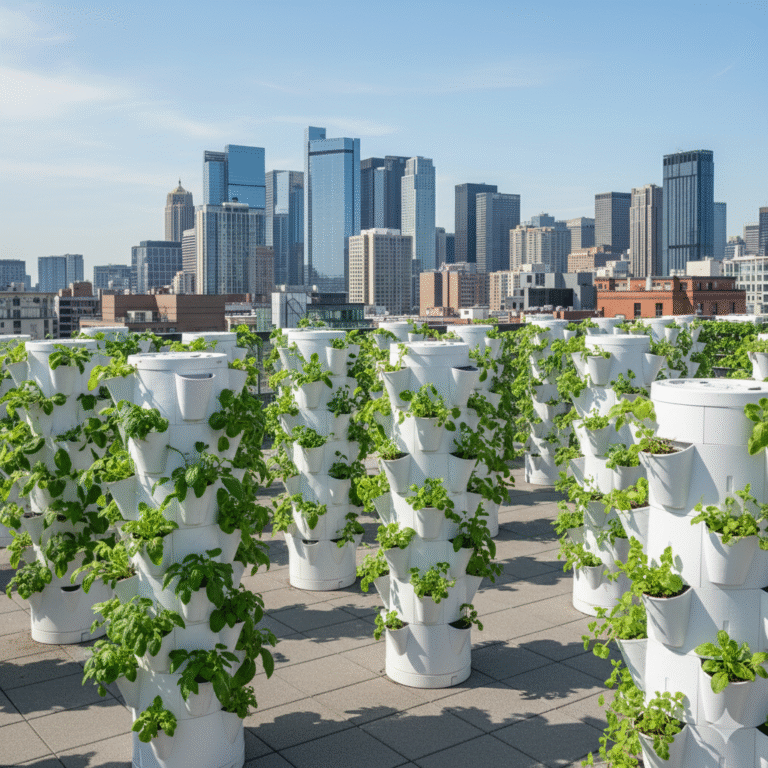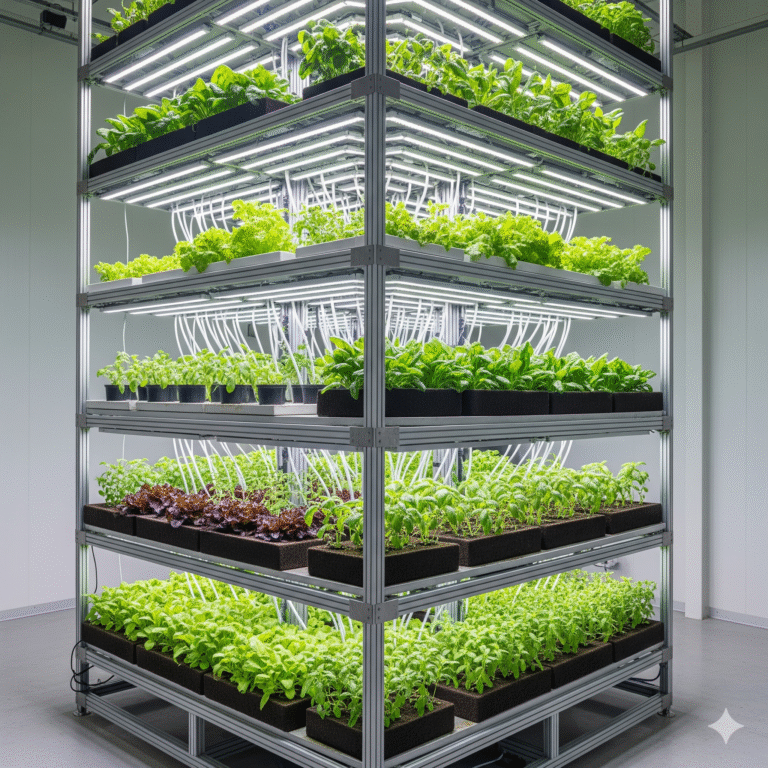Vertical farming is transforming the way we grow food in urban spaces, and one of the unsung heroes behind its success is coco peat, also called coco coir. This natural growing medium, made from coconut husks, is not only sustainable and eco-friendly but also plays a critical role in enhancing the nutritional quality of plants grown in vertical farms.
What is Coco Peat?
Coco peat is the fibrous material extracted from coconut husks. It’s lightweight, porous, and highly absorbent, making it an ideal medium for hydroponics and vertical farming. Unlike soil, coco peat doesn’t compact easily, allowing roots to breathe and water to flow freely — both of which are essential for healthy plant growth.
How Coco Peat Supports Plant Nutrition
- Excellent Water Retention
Coco peat can hold up to 8–9 times its weight in water. This ensures that plants receive a steady supply of moisture, which is vital for nutrient uptake. Consistent hydration improves the efficiency of nutrient absorption, resulting in healthier, more nutrient-dense produce. - Aeration and Root Health
The porous structure of coco peat allows oxygen to reach roots, preventing root rot and promoting strong root development. Healthy roots are better at absorbing essential minerals such as nitrogen, potassium, and calcium — all critical for plant nutrition. - pH Neutral Medium
Coco peat generally has a neutral to slightly acidic pH (5.5–6.5), which is ideal for most vegetables and herbs. A stable pH ensures nutrients in the water or fertilizer solution remain available to plants, preventing deficiencies that can affect taste and nutritional content. - Sustainable Mineral Supply
While coco peat itself contains trace amounts of potassium, magnesium, and other minerals, it works best when paired with nutrient solutions in hydroponics or vertical systems. This combination allows precise control over the mineral content, producing vegetables rich in vitamins and minerals.
Benefits for Consumers
Produce grown in coco peat-rich vertical farms often has:
- Higher vitamin content due to optimized nutrient delivery
- Crisper texture from consistent hydration
- Better flavor, as plants grow in stress-free, well-aerated conditions
- Reduced pesticide use, since vertical farms are often controlled environments
For example, studies show that leafy greens grown in coco peat hydroponic systems can have higher levels of vitamin C and antioxidants compared to traditional soil-grown counterparts.
Practical Tips for Vertical Farmers
- Mix with Perlite or Vermiculite: Enhances drainage and aeration for crops like lettuce and herbs.
- Monitor EC and pH: Keep nutrient solution at optimal levels to maximize mineral absorption.
- Reuse Safely: Coco peat can be sterilized and reused for multiple growing cycles, reducing waste.
Conclusion
Coco peat is more than just a growing medium — it’s a nutrition enhancer in vertical farming. By promoting healthy root systems, ensuring optimal hydration, and maintaining a balanced pH, it helps plants absorb nutrients efficiently, resulting in fresher, more nutrient-rich produce for urban homes and businesses. For anyone looking to invest in sustainable, high-quality vertical farming, coco peat is a natural choice that benefits both plants and people.



